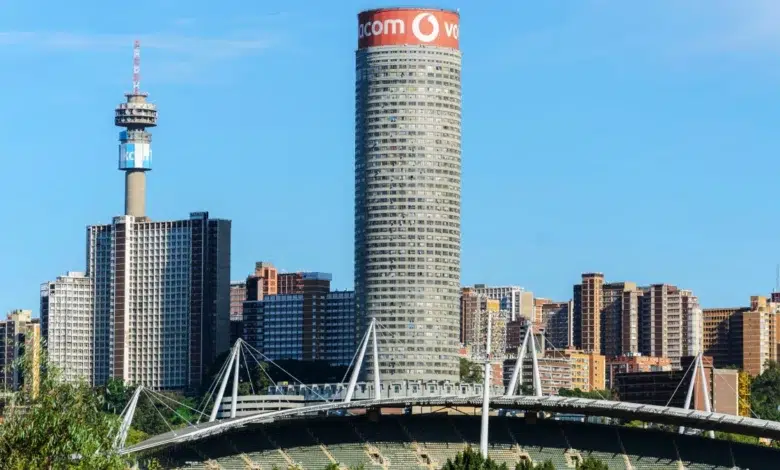Project Lokisa: Johannesburg’s Bold Strategy to Recover R61 Billion in Debt

The City of Johannesburg has launched an ambitious initiative called Project Lokisa to recover nearly R61 billion in outstanding municipal debt. This bold move targets major defaulters, including affluent residents, commercial businesses, and government entities, aiming to stabilise the city’s strained finances amid rising service costs and economic challenges.
ALSO READ: Mango Airline Sold: SAA to Get Nominal Fee as New Owners Take Over
Background: The Debt Challenge Facing Johannesburg
Johannesburg’s municipal debt crisis has escalated over recent years. Many residents and businesses have defaulted on payments for essential services such as electricity, water, and sanitation. The city itself owes billions to utilities like Eskom, compounding financial pressures. Despite an R89 billion budget for 2025/2026, Johannesburg struggles to balance service delivery with revenue collection.
Economic hardship, high unemployment, and illegal meter tampering have worsened the situation. The city has noted that many wealthy residents in affluent suburbs are among the largest defaulters, with some properties valued above R100 million.
What Is Project Lokisa?
Project Lokisa is a large-scale revenue recovery programme designed to aggressively pursue outstanding municipal debts. The initiative focuses on the “worst offenders,” including:
- Large electricity and water consumers with properties valued over R100 million
- High-value residential properties worth more than R5 million
- Commercial businesses
- Government departments and State-Owned Entities (SOEs)
The project introduces a new process for obtaining Clearance Certificates during property sales. Sellers will receive a certificate only after settling debts older than 90 days or entering into payment arrangements. This ensures the city recovers owed amounts directly from property sale proceeds, preventing debt from being passed to new owners.
CHECK OUT: Gauteng’s Kidnapping Crisis: What Needs to Be Done?
How Will Debt Recovery Work?
Under Project Lokisa, transferring attorneys will be required to sign an Acknowledgement of Debt (AOD). This authorises the direct deduction of outstanding municipal debts from the sale proceeds before the property changes hands. The city will notify both the seller and attorney of the total amount owed, streamlining debt recovery and reducing losses.
Additionally, the city plans to intensify efforts to disconnect illegal electricity and water connections, which contribute significantly to revenue losses.
Impact on Residents and Businesses
While Project Lokisa targets high-value debtors, the city is also implementing tariff increases for all residents. Proposed hikes include a 13.9% increase in water and sanitation charges, 12.41% in electricity, and 4.6% in property rates. These increases come amid stagnant service delivery and economic hardship, placing additional burdens on residents.
The city urges all property owners and businesses to settle outstanding accounts or arrange payment plans to avoid disconnections and legal actions. The initiative aims to promote fairness by ensuring those who owe large sums contribute their share.
Debt Rehabilitation Programmes
In parallel with Project Lokisa, Johannesburg continues to offer debt rehabilitation programmes for financially strained residents and small businesses. These programmes provide discounts or payment arrangements to help clear arrears, particularly for properties valued under R1.5 million and households earning below certain income thresholds.
Applicants must provide documentation such as identity documents, municipal statements, income proof, and meter readings. The city cautions that misrepresentation may lead to reinstatement of debts and service termination.
INTERESTING READ: 21-Day Water Outage in Johannesburg: Affected Areas and Essential Preparation Tips
Outlook and Challenges
Project Lokisa represents a decisive step by Johannesburg to address its municipal debt crisis. By linking debt recovery to property sales and focusing on major defaulters, the city hopes to improve cash flow and service delivery.
However, challenges remain. Economic conditions and high unemployment may limit some residents’ ability to pay. The city must balance aggressive debt collection with social sensitivity to avoid exacerbating hardship.
The success of Project Lokisa will depend on effective implementation, public cooperation, and ongoing monitoring. It signals Johannesburg’s commitment to financial sustainability and improved municipal governance.



